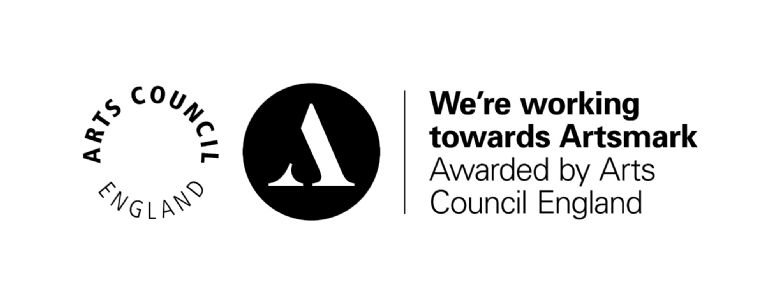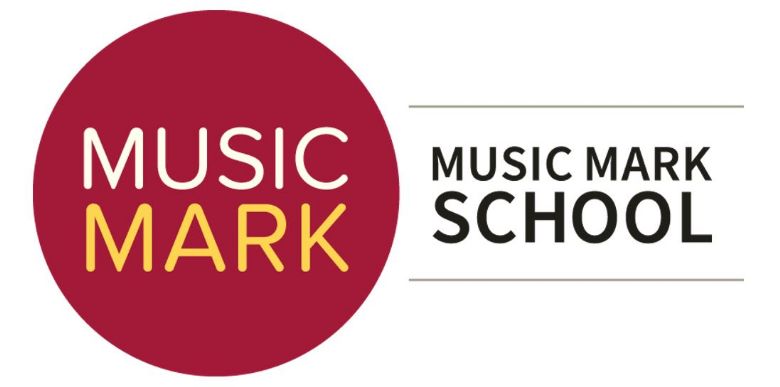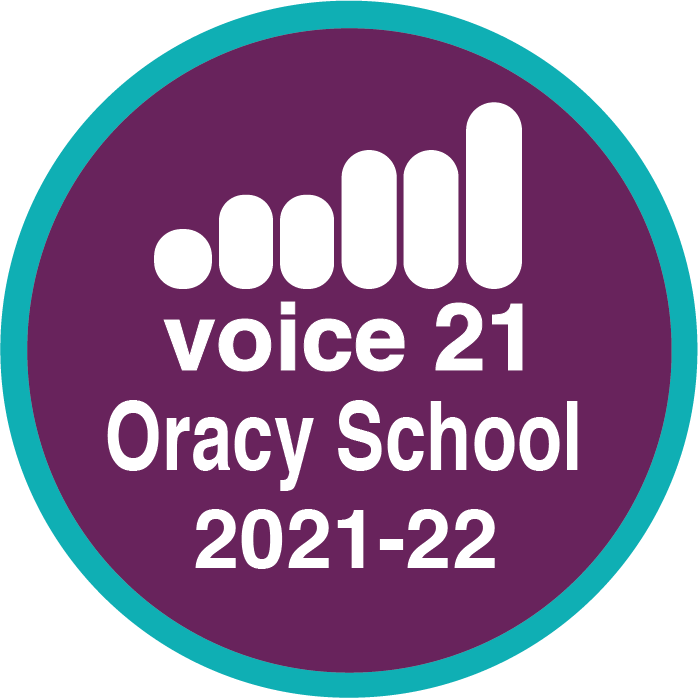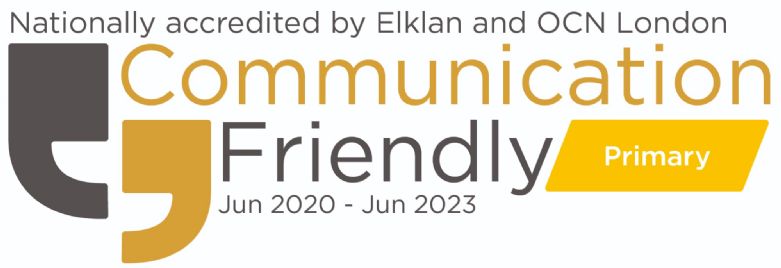MFL - Languages

Why Teach MfL ?
If you have just few minutes spare watch this and you will understand why ...
Our Intent
We are interested in vocabulary and sentence formation and how different countries communicate. We want the children to know and appreciate that life in other countries is important in learning to communicate even though there may be cultural differences. We want pupils to be able to communicate non verbally in a different language on a simple level that can also include non verbal language tools such as PECs and Makaton. We want our children to learn how we build up to be able to understand, develop our listening, speaking and pronunciation then reading, writing and grammar rules in a different language. We want our children to understand that there are different mouth mechanics that support language acquisition. We are interested in intercultural understanding of life in other countries we learn about. By doing all of this we hope to raise aspirations and explore passions in the field of linguist as a career and inspire a love of travel and continue to foster our respect and admiration for other cultures.
For our children and country we need to keep looking forward using everything we have all learnt to support our children to do the best they can because the world is getting smaller and there are many children who will all want the same jobs in the future and we would like to think that our children have achieved enough to have the futures they dream of .....
At Southfields, we firmly believe in teaching Modern Foreign Languages because we believe that as the pupil's grow into adults there will be an increasingly high expectation that they will be expected to communicate globally. We as a school feel that being able to learn and speak additional languages will support them into becoming successful adults in the future economic and cultural world and therefore we see the importance of teaching languages from Reception (aged four years) throughout the school until they reach year six (eleven years old). Pupils have at least one hour of languages a week as well as additional lessons in culture which includes many different learning opportunities.
We specifically teach two languages and the children using a variety of resources some of which we purchase and many are online so the children can practise their skills at home. The children learn Italian, which is funded by the Italian consulate due to the location of the school in a third-generation community when beginning their school career and later in the school learn French.
As part of the school environment, we have an international café which allows the children to experience the culture behind languages and this area changes half termly with different cafe's around the world, such as Italy, France, China, Swiss, German and English themes. In this area the children have the opportunity to learn more about the countries and culture with many books, resources, research, artefacts, food, music and photographs to bring languages to life.
We believe it is becoming increasingly important that we equip children to succeed not just today but in the future by having a basic understanding and enthusiasm for learning languages as well as an interest in cultures around the world.
Italian
A Southfields crediamo fermamente l'insegnamento lingue straniere moderne in quanto riteniamo che l' allievo di crescere e diventare adulti la loro sarà una sempre più elevata aspettativa che essi siano tenuti a comunicare a livello globale . Noi come scuola riteniamo che essere in grado di imparare e parlare altre lingue li sosterrà a diventare adulti di successo nel futuro mondo economico e culturale , e quindi vediamo l'importanza delle lingue di insegnamento presso la Reception ( di età compresa tra quattro anni) in tutta la scuola , fino a raggiungere anno sei ( undici anni ) . Gli alunni avere almeno un'ora di lingue a settimana, così come le lezioni supplementari di cultura che comprende molte opportunità di apprendimento diversi .
Noi in particolare Insegniamo due lingue e bambini utilizzando una varietà di resouces alcuni dei quali acquistiamo e molti sono in linea in modo che i bambini possono praticare le loro abilità a casa . I bambini imparano l'italiano , che è finanziato dal Consolato italiano a causa della posizione della scuola in una comunità di terza generazione e oltre a questo francese . Alcuni bambini si uniscono club tedesco .
Come parte del contesto scolastico abbiamo un cafe internazionale che permette ai bambini di sperimentare la cultura dietro linguaggi e questa zona cambia metà trimestrale con diversi cafè in tutto il mondo come l'Italia, la Francia , la Cina , svizzeri, tedeschi e temi inglesi . In questa zona i bambini hanno la possibilità di conoscere meglio i paesi e la cultura , con molti libri , le risorse, la ricerca , manufatti , cibo, musica e fotografie per portare ai linguaggi di vita .
Crediamo che il mondo diventa sempre più piccolo e sempre più importante che ci dotiamo i bambini per avere successo non solo oggi ma anche in futuro di avere una conoscenza di base e l'entusiasmo per le lingue di apprendimento , nonché un interesse per le culture di tutto il mondo .
French
Au Southfields nous croyons fermement dans l'enseignement des langues vivantes que nous croyons que l'élève de devenir des adultes en leur sera de plus en plus grande attente qu'ils soient devraient communiquer à l'échelle mondiale . Nous comme une école pensons que d'être en mesure d'apprendre et de parler d'autres langues les aidera à devenir des adultes épanouis dans le monde économique et culturel futur et, par conséquent , nous voyons l'importance de l'enseignement des langues à la réception (âgés de quatre ans) dans l'école jusqu'à ce qu'ils atteignent la sixième année ( onze ans ) . Les élèves ont atleast une heure de langues par semaine ainsi que des cours supplémentaires dans la culture qui comprend de nombreuses possibilités d'apprentissage différentes .
Nous enseignons spécifiquement deux langues et les enfants en utilisant une variété de resouces dont certains que nous achetons et beaucoup sont en ligne afin que les enfants peuvent pratiquer leurs compétences à la maison . Les enfants apprennent italien qui est financé par le Consolate italienne en raison de l' emplacement de l'école dans une communauté de troisième génération et en plus de cela françaises . Certains enfants rejoignent le club allemand .
Dans le cadre de l'environnement de l'école, nous avons un café international qui permet aux enfants de découvrir la culture derrière langues et cette zone change moitié trimestriel avec différents cafés dans le monde entier comme l'Italie , la France, la Chine , suisse , allemand et anglais thèmes . Dans ce domaine, les enfants ont l'occasion d'en apprendre davantage sur les pays et de la culture avec de nombreux livres , des ressources , de la recherche , des objets , de la nourriture , de la musique et des photos à apporter aux langues de la vie .
Nous croyons que le monde devient plus petit et de plus en plus important que nous équipons enfants réussissent pas seulement aujourd'hui, mais à l'avenir en ayant une connaissance de base et de l'enthousiasme pour l'apprentissage des langues ainsi que d'un intérêt pour les cultures à travers le monde
Chinese
在Southfields我们坚信在教学现代外语,我们相信,随着学生的成长为大人的将是一个越来越高的期望,他们期望实现全球沟通。我们作为一所学校觉得能够学习和使用更多的语言将支持他们入成为成功的成年人在未来的经济和文化世界,因此我们看到教学语言的重要性,从接待( 4岁)在学校,直到他们达到今年六(十一岁) 。学生有ATLEAST一小时语言一个星期,以及在培养更多的经验教训,其中包括很多不同的学习机会。
我们特别采用了多种RESOUCES其中一些我们购买,许多人在网上这样孩子们可以在家里练习自己的技能传授两种语言和孩子们。孩子们学习意大利语这是由意大利consolate由于学校在第三代社区,除了这个法国人的位置资助。有些孩子参加德国俱乐部。
由于学校环境的一部分,我们有国际咖啡馆,让孩子们体验文化背后的语言,这方面的变化每学期的一半用不同的咖啡馆的世界,如意大利,法国,中国,瑞士,德国和英国的主题围绕。在这方面的儿童有机会了解更多的国家和文化有很多书,资源,研究,文物,美食,音乐和照片给生活带来的语言。
我们认为,世界正变得越来越小,它变得越来越重要,我们装备了儿童有一个基本的了解和学习热情的语言,以及有兴趣在世界各地的文化成功不只是今天,但在未来。
Swedish
På Southfields Vi tror starkt på att lära moderna främmande språk som vi tror att eftersom elevens växa till vuxna deras kommer att bli en allt högre förväntningar på att de förväntas kommunicera globalt . Vi som en skola känner att kunna lära sig och tala fler språk kommer att stödja dem i att bli framgångsrika vuxna i den framtida ekonomiska och kulturella världen och därför ser vi vikten av språkundervisning från mottagning ( i åldern fyra år ) i hela skolan tills de når år sex ( elva år). Eleverna har iallafall en timme av språk i veckan samt ytterligare lektioner i kultur som omfattar många olika utbildningsmöjligheter .
Vi lär specifikt två språk och barnen med hjälp av olika resouces av vilka vi köper och många är på nätet så att barnen kan öva sina färdigheter på hemmaplan . Barnen lär sig italienska som finansieras av den italienska consolate beror på platsen för skolan i ett tredje generationens gemenskap och utöver detta franska . Vissa barn gå med tysk klubb .
Som en del av skolmiljön som vi har ett internationellt café som tillåter barnen att uppleva kulturen bakom språk och detta område förändras halv termly med olika caféer runt om i världen som Italien, Frankrike , Kina , Schweiz , tyska och engelska teman . På detta område har barnen möjlighet att lära sig mer om de länder och kultur med många böcker , resurser , forskning , artefakter , mat , musik och fotografier för att levandegöra språk .
Vi tror att världen blir mindre och det blir allt viktigare att vi utrusta barnen att lyckas inte bara idag utan i framtiden genom att ha en grundläggande förståelse och entusiasm för språkinlärning samt ett intresse för kulturer runt om i världen .
German
Bei Southfields wir sind fest in der Lehre moderne Fremdsprachen glauben, wie wir glauben, dass die Schüler in Erwachsene wachsen ihr ein immer hohe Erwartungen , die sie erwartet, global zu kommunizieren sein. Wir als Schule das Gefühl, dass in der Lage, weitere Sprachen zu lernen und sprechen wird sie in immer erfolgreich Erwachsenen in der künftigen wirtschaftlichen und kulturellen Welt zu unterstützen und daher sehen wir die Bedeutung der Unterrichtssprachen an der Rezeption (im Alter von vier Jahre) in der ganzen Schule , bis sie zu erreichen Jahr sechs ( 11 Jahre alt) . Die Schüler haben atleast einer Stunde Sprachen in der Woche sowie zusätzliche Unterrichtsstunden in der Kultur , die viele verschiedene Lernmöglichkeiten umfasst .
Wir haben uns speziell lehren zwei Sprachen und die Kinder mit einer Vielzahl von Resourcen von denen wir einige zu kaufen und viele online sind, so können die Kinder ihre Fähigkeiten zu Hause üben . Die Kinder lernen die italienische von der italienischen consolate aufgrund der Lage der Schule in der dritten Generation Gemeinschaft und zusätzlich zu diesem Französisch finanziert wird. Einige Kinder kommen deutsche Verein .
Im Rahmen der Schulumgebung haben wir ein internationales Café, das können die Kinder die Kultur hinter Sprachen erleben und dieser Bereich verändert Hälfte termly mit verschiedenen Cafés auf der ganzen Welt wie Italien, Frankreich, China, der Schweiz , Deutsch und Englisch Themen. In diesem Bereich haben die Kinder die Möglichkeit, mehr über die Länder und Kultur mit vielen Bücher , Ressourcen , Forschung , Artefakte, Essen, Musik und Fotos zum Leben zu bringen, Sprachen zu lernen.
Wir glauben, dass die Welt immer kleiner wird und es immer wichtiger , dass wir Kinder auszustatten , um nicht nur heute, sondern in die Zukunft , indem er ein grundlegendes Verständnis und die Begeisterung für das Erlernen von Sprachen sowie ein Interesse an Kulturen auf der ganzen Welt erfolgreich zu sein .
What the BBC say about Teaching and Learning Languages
Modern Foreign Languages teaching in UK schools
Modern foreign languages (MFL) are not currently a compulsory part of the primary curriculum in England, although many schools introduce languages either as an extra-curricular club, or as an integral part of the timetable. Around a quarter of primary schools in England provide an opportunity to learn a foreign language, predominantly French. In Scotland, MFL are taught in all primary schools, and in Wales both English and Welsh have a place in the curriculum. In most other European countries, MFL are introduced much earlier than in the UK, and the Council of Europe has proposed that all primary children should learn at least one foreign language.
The British government is proposing an entitlement to MFL for all primary children, and the Primary French website materials will support this initiative. The Qualifications and Curriculum Authority (QCA) provides Schemes of Work for MFL in Key Stage 2 in England and Wales and, although non-statutory, these are used in many schools. Due to pressures on the primary curriculum, time for MFL is limited and teachers often use 'class time', (e.g. registration, celebrating birthdays) to reinforce phrases that have been learnt in a short MFL lesson.
It is generally agreed that children learning MFL should progress from listening to speaking to reading to writing, in that order. Their natural curiosity will then often lead to questions about how language works, why pronunciation differs, how French children behave, etc. Even parents who are not fluent French speakers can support their children's learning.
 Click here to listen to a French song
Click here to listen to a French song




















